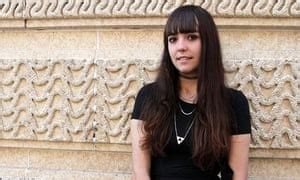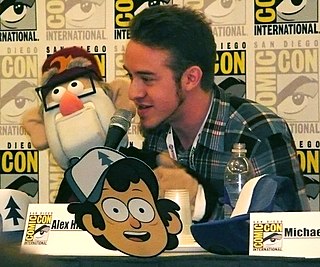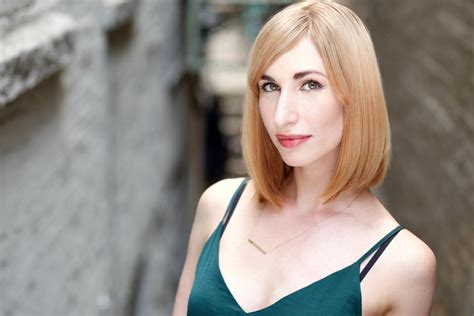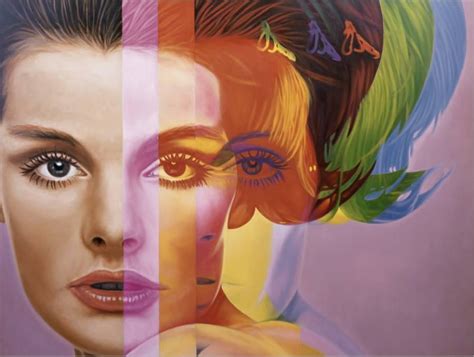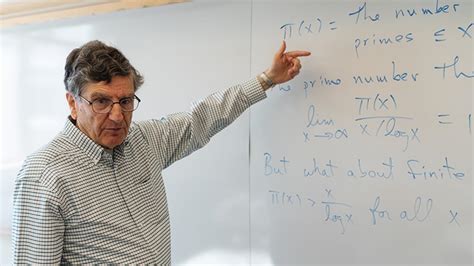A Quote by Ai Weiwei
I'm most embarrassed at my art shows, even though I don't show it.
Related Quotes
I feel like the best kids shows aren't just for kids. The best kids shows have something in it for everyone. As you grow up, you're increasingly proud to be a fan of the show, rather than getting to an age where you suddenly become embarrassed that you ever liked it because it's only for seven-year-olds.
Behind all art is an element of desire...Love of life, of existence, love of another human being, love of human beings is in some way behind all art — even the most angry, even the darkest, even the most grief-stricken, and even the most embittered art has that element somewhere behind it. Because how could you be so despairing, so embittered, if you had not had something you loved that you lost?
It [The Esemblist] is also about the generation of audience members that are watching shows and listening to us at the same time; hopefully, in time, when they listen to our show and then go see a show, they'll realize even more what it takes to make a show, and they'll know even more about everybody on stage, rather than just people above the title of the show.
The first thing is to accept that theater is an unknown. If you go to a concert, you know the music. If you go to an art show, you can literally see the art on your phone before you see it in person. But with theater, often times people aren't prepared to take risks, even though that's exactly what's great about it.
There are panel shows that struggle to get women on, and that's because the women feel marginalised and stupid and in the edit are often seen just laughing at the boys and not saying anything at all even though I know for a fact in the recording they were clever. I'm not shy at speaking up, but even I, on those shows, am silenced.
Nature is a greater and more perfect art, the art of God; though, referred to herself, she is genius; and there is a similarity between her operations and man's art even in the details and trifles. When the overhanging pine drops into the water, by the sun and water, and the wind rubbing it against the shore, its boughs are worn into fantastic shapes, and white and smooth, as if turned in a lathe. Man's art has wisely imitated those forms into which all matter is most inclined to run, as foliage and fruit.


